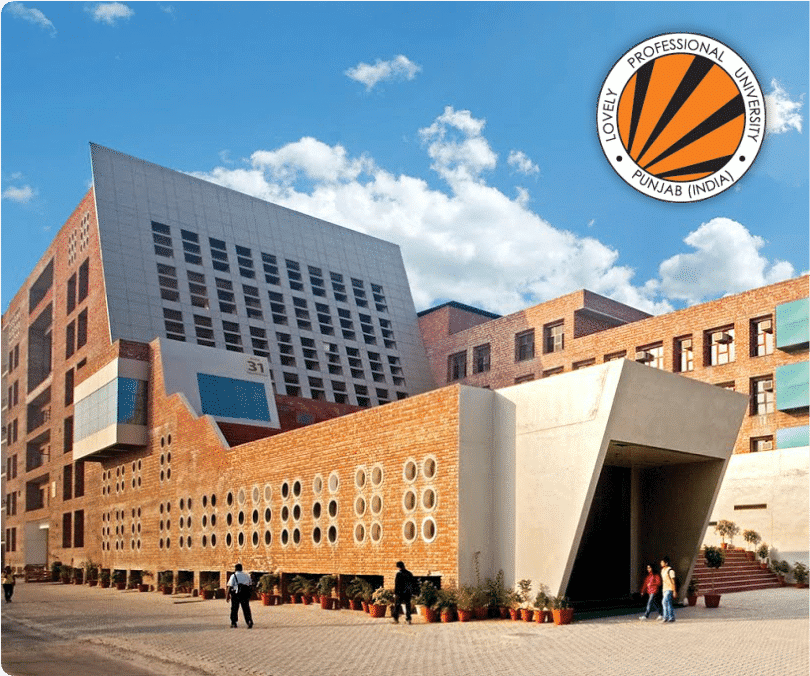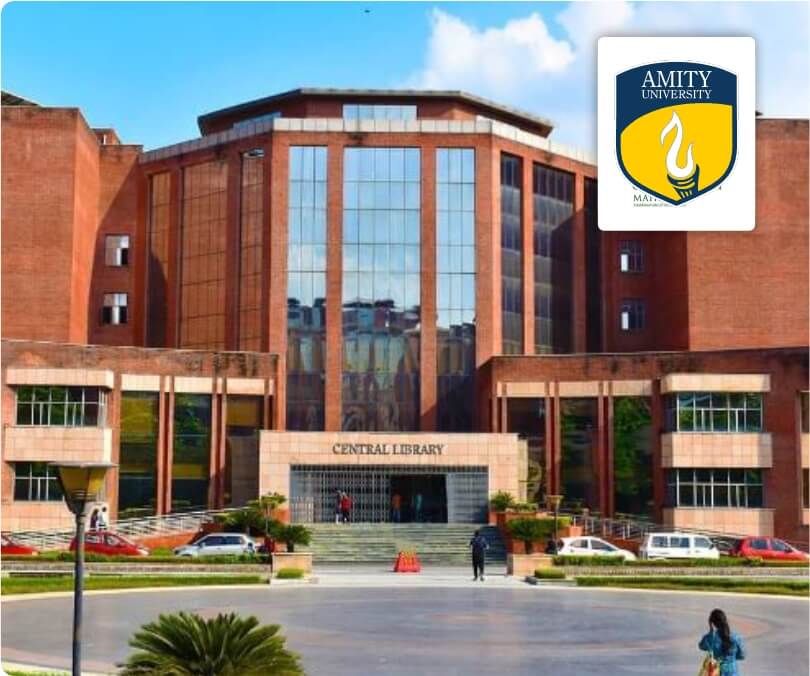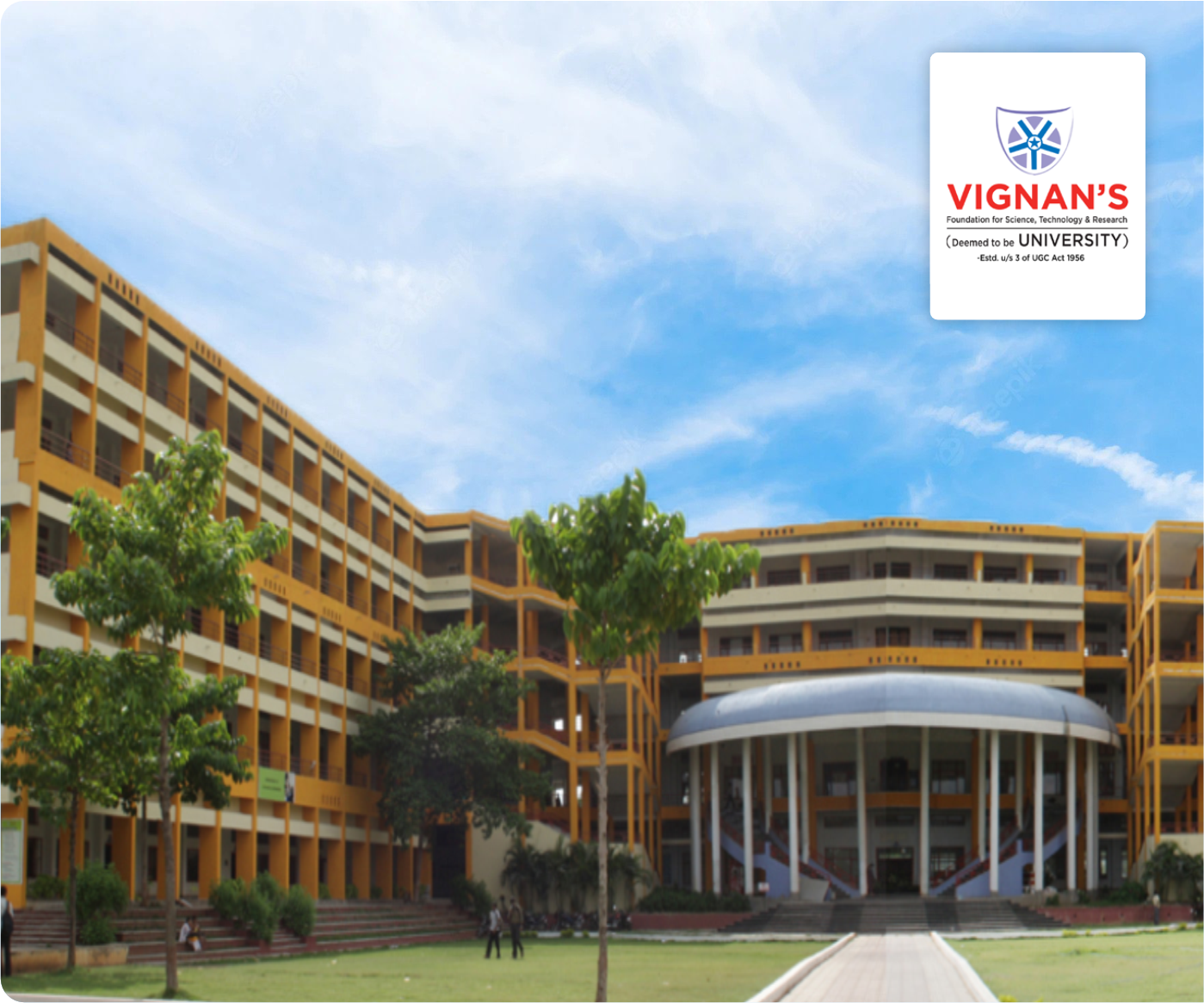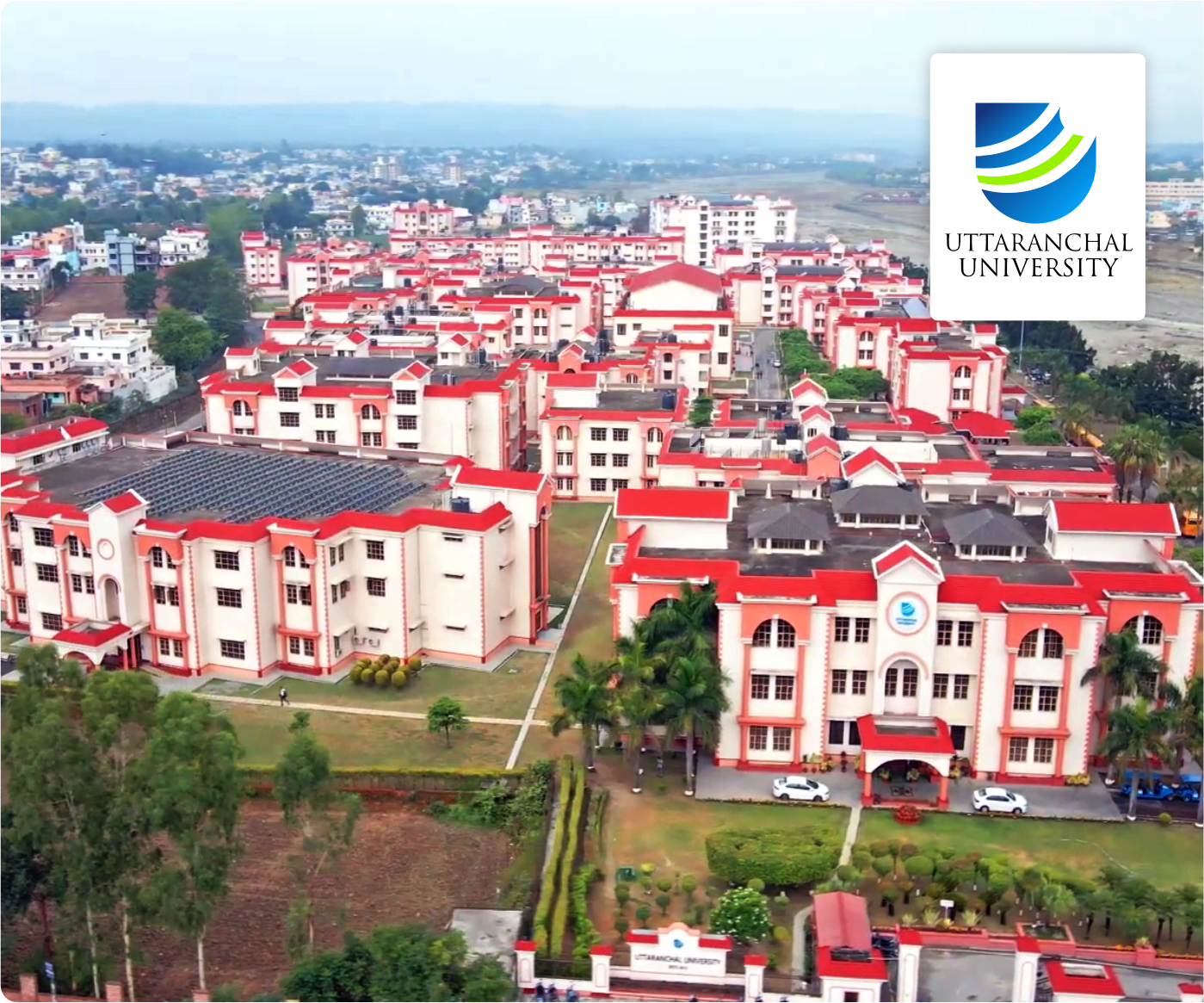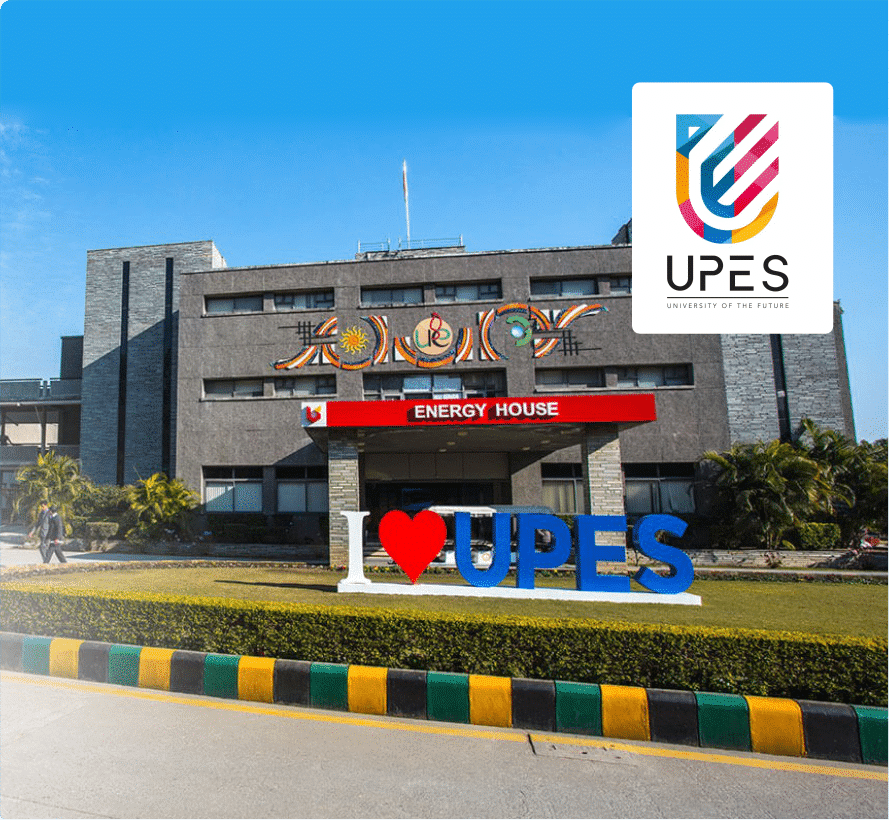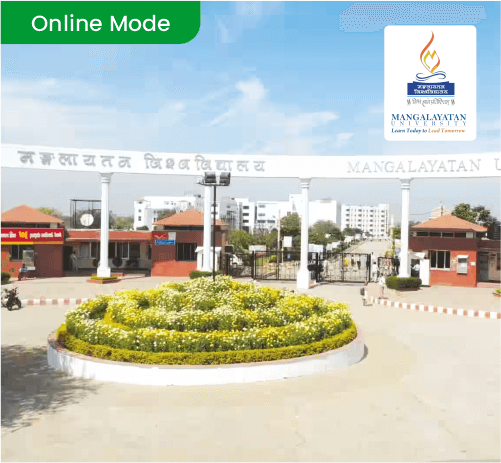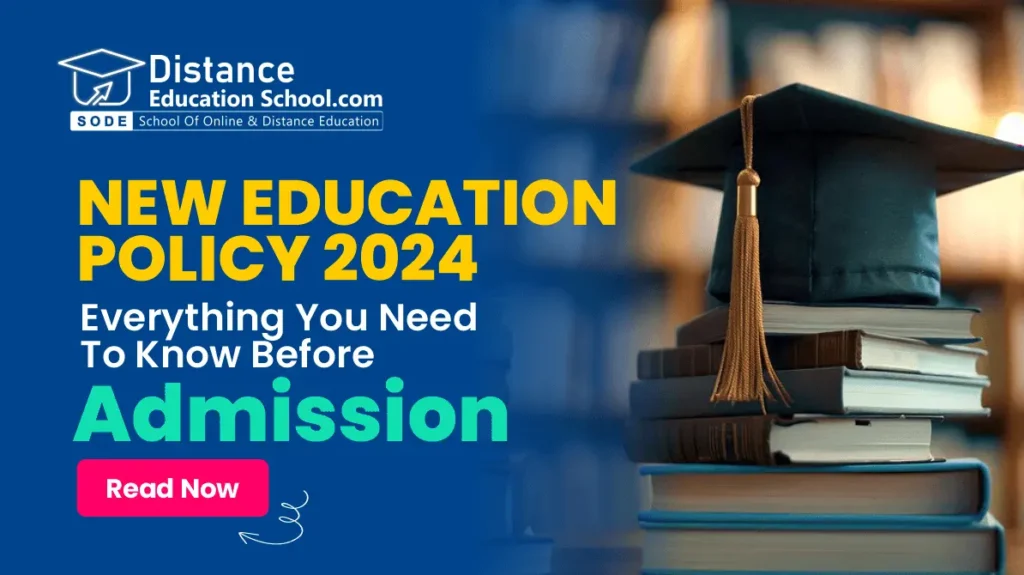
Impact of NEP 2026 on Higher Education in India
Are you someone who wants to know about how the recent education policy is bringing major changes in higher education in India? The National Education Policy(NEP) 2026 promises to change the learning pattern by enhancing innovation, inclusivity, and skill development.
In the blog post, you will know about the significant impacts it brings and how it will change the status of higher education in India.
About Key Features of NEP 2026 in Higher Education
The recent education policy focuses on flexibility, inclusivity, and quality education in higher education. The National Education Policy 2026 has a vision to increase innovation and research while ensuring that the education policy in India is globally competitive. The major changes introduced in the education policy aim to make education accessible to all, regardless of their background.
Key Features of NEP 2026
| Feature / Aspect | Details |
|---|---|
| Multidisciplinary Learning | The recent education policy encourages a multidisciplinary approach, allowing students to explore and study multiple fields simultaneously. |
| Flexible and Easy Exit Ways | Under NEP 2026, students can exit courses at different stages, such as after certifications, diplomas, or degrees. |
| Academic Bank of Credits (ABC) | ABC digitally stores earned credits, enabling students to transfer them across institutions, promoting flexibility in education. |
| Increased Investment in the Education Sector | NEP 2026 encourages public investment in education, increasing funding to ensure quality education and better infrastructure. |
| Focus on Research and Innovation | The policy boosts students’ research capabilities, making them employment-ready immediately after graduation. |
How NEP 2026 Benefits Students in Higher Education
The recent education policy 2026 brings various advantages for students enrolling in higher education. It provides flexibility, inclusivity, and high research & development for students in Higher education. NEP aims to make the education sector more accessible, comprehensive, and provide globally competitive opportunities. This policy encourages a multidisciplinary approach for the growth of students.
| Benefit / Feature | Details |
|---|---|
| Course Selection Flexibility | NEP 2026 allows students to select courses from different disciplines, promoting interdisciplinary learning and diverse skill development. |
| Easy Exit Options | Students can exit after one, two, or three years of study with certificates, diplomas, or degrees, maintaining flexibility in educational pathways. |
| Academic Bank of Credits (ABC) | The ABC system enables digital storage and transfer of credits between institutions, making education more adaptable and student-friendly. |
| Focus on Innovation and Research | NEP 2026 encourages students to engage in research and innovation, preparing them for future challenges and career opportunities. |
| Focus on Inclusivity | The policy promotes access to higher education for marginalized groups such as ST, SC, and OBC, including financial support for students unable to pay fees. |
The Role of Technology and Innovation in NEP 2026
The recent education policy is mainly transforming India’s education system by including the latest technology in the classroom and university syllabi. It highly focuses on research and development, which makes students have the required skills needed in the future.
| Feature | Details |
|---|---|
| Digital Learning Platforms | Platforms like SWAYAM and DIKSHA are included to enhance online learning, ensuring quality education reaches students across India. |
| Mixed Learning Models | Students can pursue a combination of online and offline education, allowing flexibility to manage other commitments alongside studies. |
| Innovation Center in Universities | Universities are encouraged to establish innovation centers to promote research, creativity, and problem-solving skills among students. |
| Governance Through Technology | The policy leverages technology to improve governance, transparency, and efficiency in educational institutions and universities. |
Impact of NEP 2026 on Working Professionals
The recent education policy has many features, such as flexible study hours and an online mode of study, which directly benefited working professionals. The National Education Policy 2026 focuses on skill development, credit transfers, research opportunities, and certification from the government of India. During this process, working professionals are able to manage both work and their studies.
| Key Role | Description |
|---|---|
| Flexible Learning Options | Professionals can choose different study modes such as part-time, online, or blended programmes without affecting their jobs. |
| Online Courses and Digital Platforms | Digital platforms like SWAYAM and DIKSHA provide access to high-quality learning materials, as promoted under the education policy in India. |
| Credit Transfers (ABC) | The policy enables professionals to collect and transfer credits across institutions, facilitating continuous learning and career advancement. |
| Skill Development | NEP encourages skill development through multidisciplinary programs, workshops, and certification courses aligned with the national education policy. |
| Innovation and Research | Professionals can select research and innovation projects, enhancing their expertise, knowledge, and career growth. |
Financial Support Under NEP 2026
The recent education policy key objective is to make education affordable and accessible to all students regardless of their financial background. This is achieved by providing scholarships, public investment in the education sector, and creating special funds.
The National eEducation Policy ensures that students do not feel a racial burden while completing higher education across India.
| Financial Support Measure | Description |
|---|---|
| Increased Public Investment | The education policy aims to increase public investment in the education sector, improving infrastructure, resource allocation, and student support. |
| Scholarships Programme | Need-based scholarships are provided under NEP 2026, enabling students from all backgrounds to access higher education. |
| Gender Inclusion Fund | Special funds are allocated for female and LGBTQ+ communities to promote inclusivity in higher education. |
| Support for Marginalized Communities | Financial assistance is offered to students from economically weaker sections, ensuring equal educational opportunities. |
| Low-Cost or Free Digital Resources | Online platforms and open educational resources are promoted to reduce learning costs and enhance accessibility. |
Key Outcomes that are Visible by NEP 2026
The recent education policy has introduced a multidisciplinary syllabus and flexible pathways, enabling students to choose multiple courses across different fields. With technology driven learning and digital platforms, education becomes more accessible, interactive, and aligns with modern skill requirements.
Financial support initiatives and inclusive policies ensure that higher education is affordable and accessible for all in India. The national education policy 2026 boosts research, innovation, and industry skills syllabus, making students employment-ready.
Future Prospects
The recent education policy is creating a future-ready education system in India by focusing on multidisciplinary learning, digital integration, and research. The national education policy 2026 aims to help students with skills that make them ready for global opportunities while ensuring all-around development.
| Key Points | Description |
|---|---|
| Global Competitiveness | The new education policy encourages international collaborations with developed countries, making Indian graduates competitive worldwide. |
| Research and Innovation | NEP 2026 promotes innovation centres and research-focused learning in universities to boost employable skills and critical thinking. |
| Digital Learning Platform | Online learning platforms enhance accessibility and flexibility, allowing students to study anytime and anywhere. |
| All-Round Skill Development | Focus on logical reasoning, creativity, and critical thinking ensures students are prepared for professional challenges. |
| Inclusive Education | Financial support, scholarships, and gender-focused funds ensure equal access to education for all students. |
Conclusion
The recent education policy continuously transforms higher education with flexibility, inclusivity, and digital learning. The national education policy 2026 promotes multidisciplinary learning, research, financial support, and global opportunities, helping students prepare for future careers and lifelong learning.
Most Popular Blogs

Why Pursue an Online MBA in Logistics and Supply Chain Management in 2026?

Online MBA in Artificial Intelligence and Machine Learning: Course, Fees, Eligibility & Career Scope

Complete Guide to Acharya Nagarjuna University Distance Education 2026

IGNOU Online MCA: Fees, Eligibility, Syllabus & Career Opportunities

Jammu University Distance Education Admission 2026: Courses, Eligibility & Fees

Online BCA Courses in Jain University Online
Top Distance Universities
FAQ's | Frequently Asked Questions
The recent education policy focuses on making education flexible, inclusive, and research-oriented. It emphasizes multidisciplinary learning, digital integration, and lifelong learning opportunities for students.
The NEP 2020 benefits students by providing flexible course options and study hours, easy exit points, access to digital resources, an innovation centre, and financial support like scholarships, ensuring all-around development.
The key outcomes of the education policy include global competitiveness, research and innovation, multidisciplinary skills, technology-focused learning, financial accessibility, and better governance in higher education institutions.
Students can stay informed about the national education policy by regularly checking official government websites such as PIB, the Ministry of education, national news, newspapers, and university notifications regarding NEP 2020.
The key skills are logical and critical thinking, research capabilities, digital literacy, and adaptability to global career opportunities


